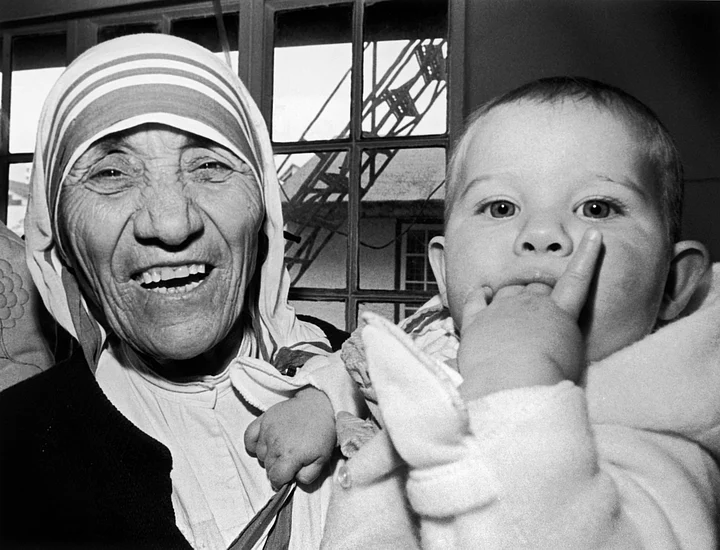Mother Teresa is an extraordinary choice for Rashtriya Swayam Sevak Sangh chief Mohan Bhagwat to deliver a lesson on how to devalue social service. By linking her mission of “wholehearted free service to the poorest of the poor” as a motivated intervention for conversion to the Catholic faith, Bhagwat has rekindled the controversy on the “freedom of conscience and the right freely to profess, practise and propagate religion” defended by Prime Minister Narendra Modi last week.
After Modi said: Mine will be a government that gives equal respect to all religions: the deliberate provocation by Bhagwat, in his choice of target, appears to be a summons to the wavering faithful to defend the Hindu Rashtra.
The issue is, against whom? Surely not the small and frail sari clad Bharat Ratna, a naturalised Indian and one who provided selfless service to the dying, destitute, sick and orphans, rescued from the streets, without first checking what their religion was.
It seems that the RSS chief is trying to use an icon: Mother Teresa: to hammer home a point. The question is why? Is there a message for international audiences embedded in the choice? Or is Bhagwat declaring Hindus as superior in selfless service? Or is it a call to all voters not to follow the example of those who strayed away from the Bharatiya Janata Party in the New Delhi elections?
The wilful aggravation may also be a bad cop act after Modi played the good cop and broke his silence over the attack on churches in New Delhi, the failed-foiled conversion - Ghar Wapsi and delivered a message of upholding India’s Constitutional guarantee of religious freedom to domestic as well as international audiences.
If indeed Mother Teresa’s agenda was conversion, as Bhagwat seems to imply, then the chances of Nirmal Hriday, founded in 1952, continuing as a centre for the dying and destitute would be nil.
Not a whiff of controversy surrounds the place, which is located next to the Kali Temple in Kolkata, swarming with the devout and the priesthood. Shishu Bhaban, the home for orphans makes no stipulations about religion when a child is taken for adoption. A very significantly large number of the children are adopted by Hindu families.
Beneficiaries of the relief work after every disaster, starting from the famine of 1943, when she first responded to the call of the distressed, have never alleged that Mother Teresa was an opportunist and proselytiser. That is unlike the allegations that have surrounded the Ghar Wapsi programme in recent months.
There was controversy about Mother Teresa in her life time. There was criticism that the work was charity and she did nothing to address the causes that made people poor. Mother Teresa brushed that aside. Her take on poverty was it is not “only being hungry, naked and homeless. The poverty of being unwanted, unloved and uncared for is the greatest poverty.” There were charges that the grateful were nudged to change their religion. She ignored it, by talking about Love. Mr Bhagwat may have been stumped if he was up against Mother Teresa in her lifetime, for she deflected missiles by her firm belief that love and prayer was all that was required to make life bearable.
Based in Kolkata, Shikha Mukherjee is a senior journalist and columnist writing on politics and development issues
(At The Quint, we question everything. Play an active role in shaping our journalism by becoming a member today.)
